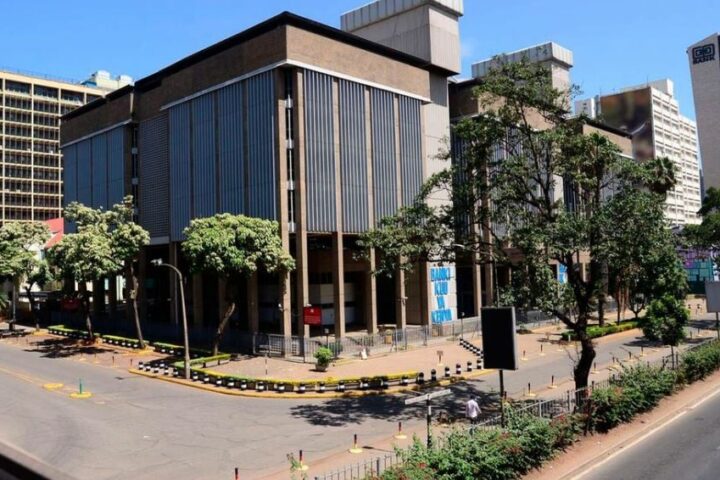 Immigration and Citizenship Services Principal Secretary Julius Bitok announced that Kenyans must renew their National ID cards every 10 years.
Immigration and Citizenship Services Principal Secretary Julius Bitok announced that Kenyans must renew their National ID cards every 10 years.
In a press statement issued on Monday, Bitok explained the rationale behind the introduction of the Maisha Ecosystem. He clarified that, like ATM cards, the microchip in the IDs has a shelf life of 10 years from the date of issuance.
“The expiry date has no direct correlation with the general election date,” he said. “This is standard practice in countries such as Uganda, Tanzania, Nigeria, Senegal, and France, among others that have implemented IDs with microchips.”
Applicants renewing their expired National ID cards will not need to undergo fresh biometric scans.
“They will, however, retake their passport-sized photos due to potential changes in facial features over the years,” he said.
“The National Registration Bureau has issued 972,630 Maisha cards, with 531,329 being new applications and 441,301 being duplicates.”
Bitok also announced that the National Registration Bureau has acquired a modern printer, increasing its printing capacity to 30,000 National ID cards per day, which meets the average demand of 10,000 applicants.
“The NRB recognizes the National ID card as a constitutional right and essential identification document and will ensure eligible Kenyans obtain it as soon as possible,” he said.
He added that the introduction of the Maisha Card followed 820 public and stakeholder engagements, including those with civil society, religious leaders, the private sector, the media, and the public.
“The Maisha ecosystem adheres to regional and international best practices for the standardization of personal registration documents, including National IDs,” he said.
“This system enhances the security features of the National ID card, making it more difficult to forge or tamper with.”
Bitok further stated that the Maisha Card complies with International Civil Aviation Organization requirements for cross-border identification documents.
“It consolidates several existing databases into a master national register, eliminating the need for multiple and separate personal registration records,” Bitok said.








